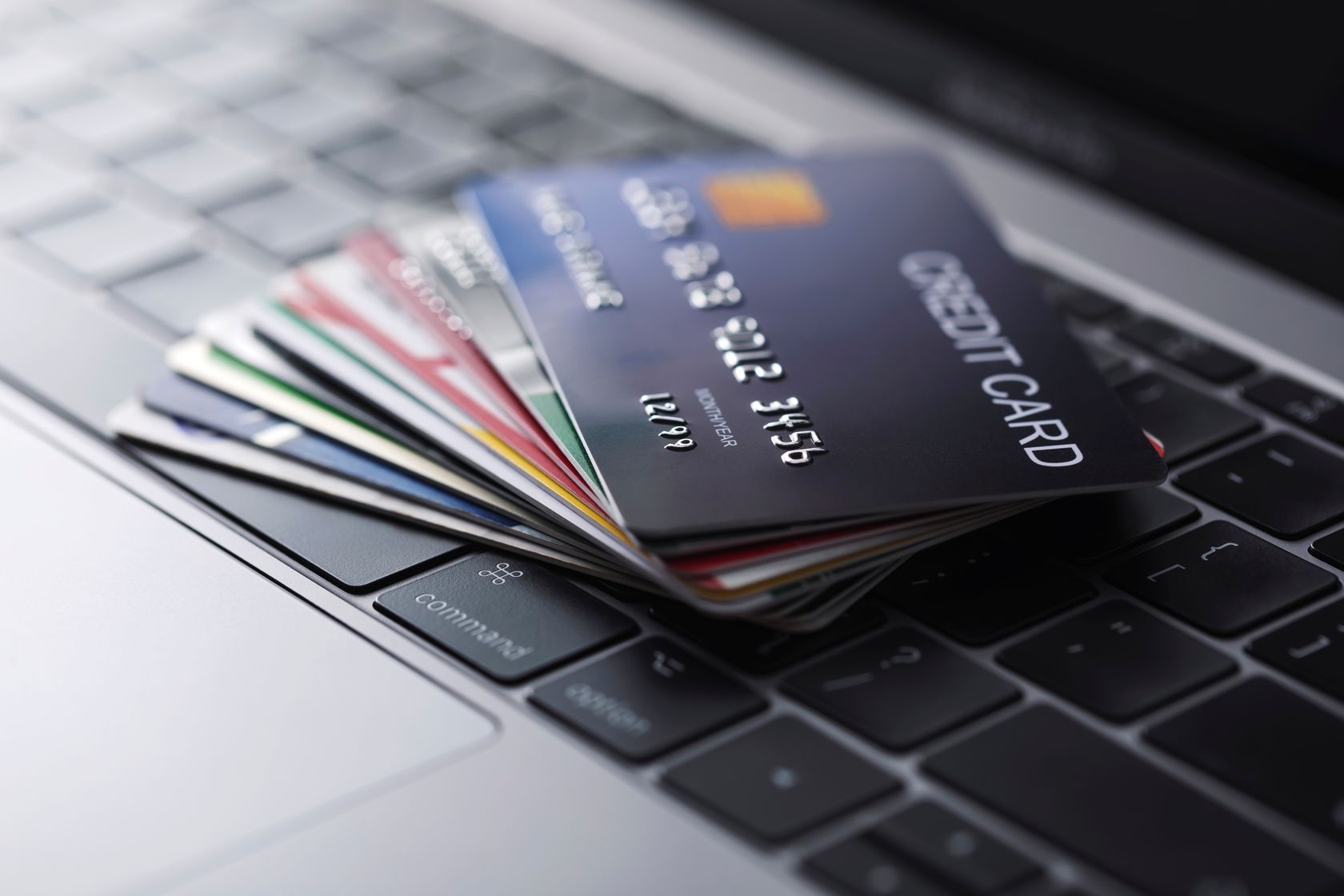How To Work On Getting Rid Of Your Credit Card Debt
Like clockwork, it shows up every month. On time. Without fail. We’re talking about your monthly credit card bill, the regularly scheduled reminder that there’s no such thing as a free lunch. It’s a detailed accounting of things you bought, where you went, what you enjoyed. But now it’s time to pay the piper.
Credit card debt looms large in many households, especially as a result of the COVID-19 pandemic, when lost jobs and decreased wages made day-to-day living expenses more difficult to manage. Approximately 45% of families carry some type of credit card debt; high-earners and individuals with college degrees hold the highest balances. Overall, credit card debt has fallen during the pandemic, according to the credit bureau Experian, with some people using stimulus checks, tax refunds, and savings to lower their debt.
But many people have also turned to regularly using their credit and debit cards to just get by during the pandemic. Analysis conducted by LendingTree’s ValuePenguin showed that Americans collectively owed $807 billion across 506 million card accounts.
But before you take to using your credit card even more, take heart: There are ways to better manage your credit card use and lower your debt. The following options can help put you on the path to more financial control and less angst.

Simplify With Debt Consolidation And Look Into Easy Investing
Consider rolling all of your debt into one, lower-interest consolidation loan. In addition to paying less interest, you’ll be paying only one bill per month and you won’t need to remember to pay multiple creditors on different due dates.
Today, investing doesn’t have to be for only the bold, the wealthy, and the devil-may-care adventurous. Download a popular app like Acorns that allows you to invest your ‘spare change’ into a portfolio geared to your risk comfort level. Sure beats coins collecting in an old jar on your kitchen counter.
Don’t Get Taken For A Ride With Your Auto Insurance
Statistics show that some drivers could be overpaying by as much as $1,100 per year for their auto insurance. Take some time to shop around and make sure you’re getting the best possible rate for your coverage, and that the coverage you have meets your specific needs. You can also check into whether your current homeowners insurance offers the best deal for your coverage, which could lead to hundreds of dollars in savings annually.

Bottom Line: You Don’t Have To Pay Top Dollar
They’re out there: free browser extensions that will automatically search the web for the best deals – and applicable coupons – every time you shop online. Whether you’re shopping for essentials, searching for the perfect gift, or just looking for a little something to give yourself a lift, finding the best deal no longer means you to have to spend hours comparing and wondering if there’s a better deal somewhere else. More money saved means more money applied to your monthly bills, including your credit card.

Cash In On Clutter
That closet that’s heaped with clothing you no longer wear. The basement that’s bulging with once-loved items no longer even looked at. The attic that’s at capacity. Take some time to sift through your clutter and post items you’re willing (and happy, no doubt) to part with on any of the second-hand selling sites out there. Some offer as much as 33% more back than other sites, and you could end up making a bundle that you can then apply to your credit card debt.
